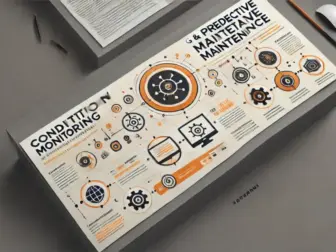Tag - Energy Industry
The Evolution of the Energy Industry: From Fossil Fuels to Renewable Sources
The energy industry plays a crucial role in powering our modern world, providing the electricity and fuel needed for our daily lives. Over the years, this industry has undergone significant changes, particularly in the sources of energy being used.
Historically, the energy industry has been dominated by fossil fuels such as coal, oil, and natural gas. These non-renewable sources of energy have powered our homes, businesses, and transportation systems for decades. However, the environmental impact of burning fossil fuels, including air pollution and greenhouse gas emissions, has led to a growing interest in transitioning towards cleaner, renewable sources of energy.
In recent years, there has been a significant shift towards renewable energy sources such as solar, wind, hydropower, and geothermal energy. These sources are abundant, sustainable, and produce minimal environmental impact compared to fossil fuels. Governments, businesses, and individuals are increasingly investing in renewable energy technologies to reduce their carbon footprint and combat climate change.
One of the key drivers behind the transition to renewable energy is the declining cost of technologies such as solar panels and wind turbines. As the cost of renewables continues to decrease, they are becoming increasingly competitive with fossil fuels in terms of price. This has led to a rapid growth in the renewable energy sector, with countries around the world setting ambitious targets for transitioning to clean energy.
In addition to the environmental benefits, renewable energy also offers economic opportunities. The renewable energy industry has created millions of jobs globally, particularly in sectors such as solar installation and wind turbine manufacturing. As the demand for clean energy continues to rise, these job opportunities are expected to grow further, providing a boost to local economies.
Despite the progress made in transitioning to renewable energy, the energy industry still faces challenges. One of the main obstacles is the intermittency of renewable sources such as solar and wind, which can be affected by weather conditions. This has led to the need for energy storage technologies such as batteries to store excess energy generated during peak production times.
Another challenge is the existing infrastructure built around fossil fuels, including power plants and pipelines. Transitioning to renewable energy will require significant investments in upgrading and modernizing this infrastructure to accommodate the shift towards clean energy sources.
Overall, the evolution of the energy industry from fossil fuels to renewable sources represents a positive step towards a more sustainable future. By investing in clean energy technologies and reducing our dependence on fossil fuels, we can mitigate the impacts of climate change and create a healthier environment for future generations.
